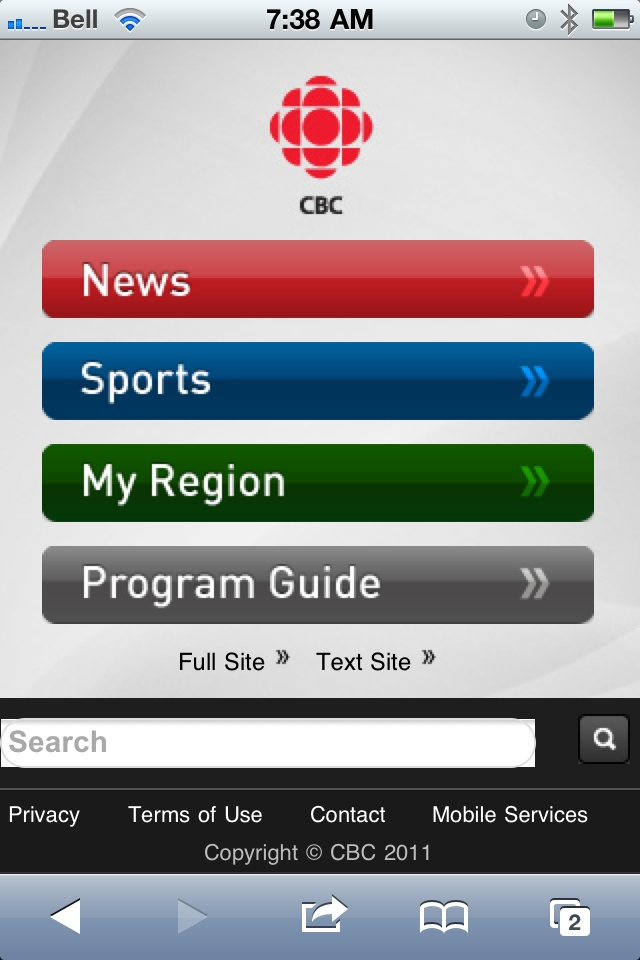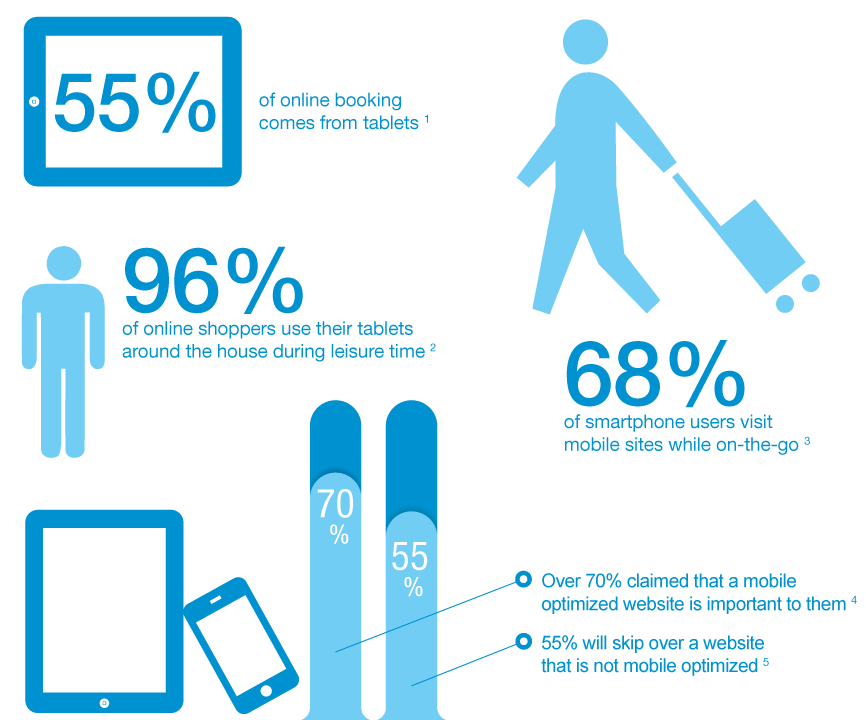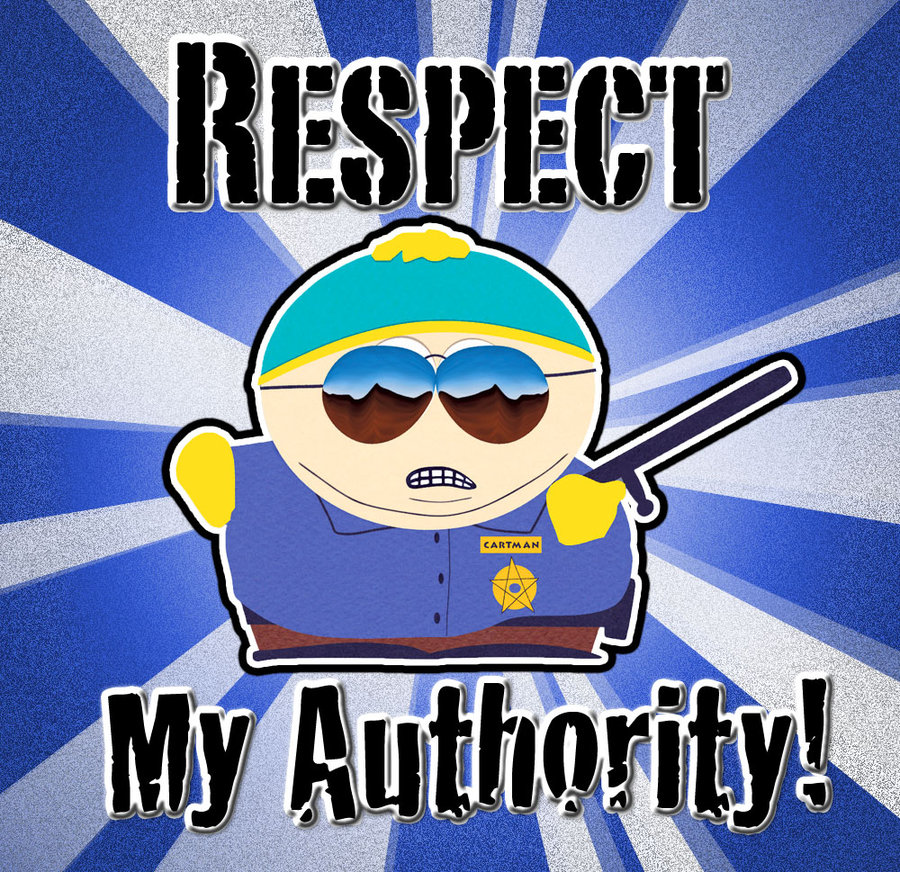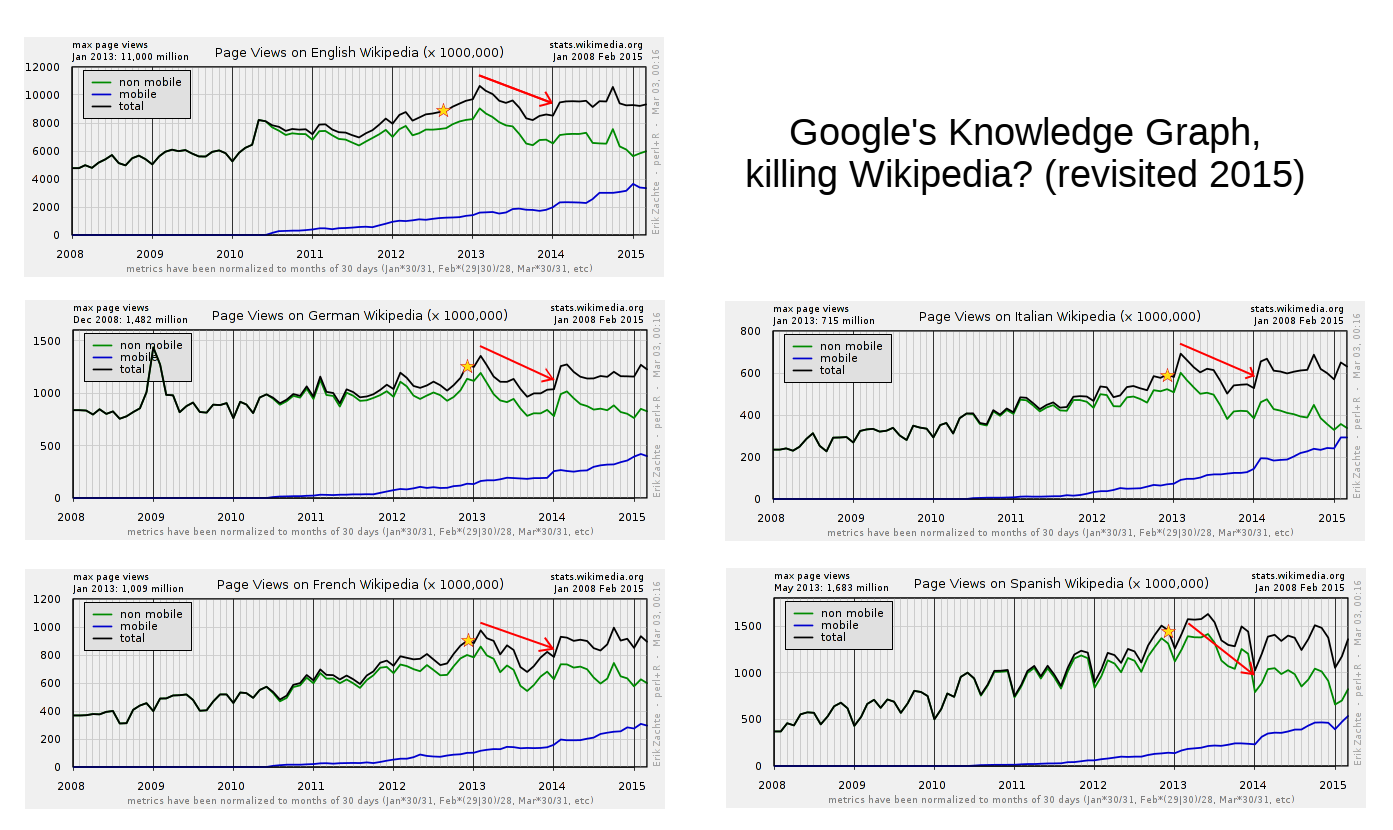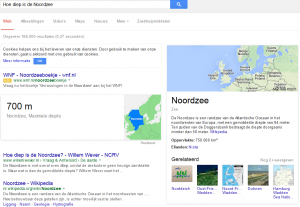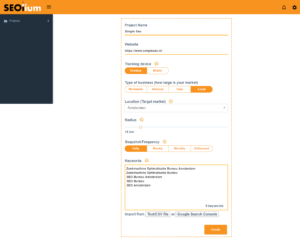Why local? Local link building is a resource that is often under utilized when starting a link building campaign, but has gained increased importance since Google’s Pigeon algorithm update hit the US, and recently the UK. Over and over again, we see google updating their algorithm to give the user the best search result for their inquiry, and devaluing links that aren’t relevant. Local link building is beneficial, because those kinds of links are almost universally relevant. Locally oriented SEO efforts, when done well, can benefit a local business twofold. First, local SEO helps by helping your business rank higher in Google’s SERPS, driving organic traffic to your website; and second, it aides in establishing influence, authority, and trust within your local community, which is invaluable in drawing in new customers and enticing return customers to your site and to your storefront. Here I hope to outline a few strategies for community building, which lends itself well for SEO purposes.
Local Directories
As a small business, when beginning a local SEO campaign, the first thing you should focus on is local NAP listings and review sites. This is a great and simple way to gain exposure with a geo-targeted audience. Your local chamber of commerce, local newspapers, yellow pages, and city and county directories are a great place to start. Once you have the basics out of the way, find an influencer in your community is who is ranking well in the local SERPS and use a backlink reporting tool to find other directories they are listed on. This allows you to see which directories are most impacting the local search results. Directory Critic is another great resource to use during a local campaign, as it allows you to sort listings by various categories, such as paid, free, Pagerank, etc. If you’re submitting your information to non-localized directories, adding localized anchor text is beneficial, as it adds additional geo-targeted anchor text for search engines to crawl. If you owned a law firm and you were trying to submit to a general law firm directory, it might be best to put “Boise Law Firm” so as to attract geo-specific traffic.
Content Generation
As with any website, you want to be providing content that a potential site viewer wants to see or know about. For a small business, you should be looking to answer questions that the community you’re a part of might be asking.
- What information can you provide that nobody else in the community is offering?
- What is important to your community?
- What can your site do to help bolster a sense of community?
- What local events can you promote on your website?
- What new businesses have opened in the area?
- What are people in the community talking about?
- What do people in the community have questions about?
In the example above, a local coffee shop created a page where they list events they are hosting for the community. This is great local, linkable content. People participating in gallery openings, or who are planning on attending a film showing are very likely to post a link to your event page on their own websites or on social media, generating new leads and site visitors. Some other options might include creating a calendar of local events, a local guide to restaurants, a list of tourist attractions near your storefront, a list of local links or preferred vendors that complement your business or website. Keeping your blog active and interacting with your community on social media is also important. Local campaigns are the most successful when they focus on user intent and provide fresh, relevant content.
Build Relationships and Authority
As with any link building campaign, the more authoritative the page linking to you, the better. A link from wikipedia is always going to be more valuable than a link from your daughter’s best friend’s blog, right? From a Local SEO perspective, you need to find out the most authoritative websites in your community and find a way to become affiliated with them. You might be able to leverage links with influencers in the community by trying some of the following:
- Sponsor your local fire department
- Host a fundraising concert
- Sponsor the library or a museum
- Sponsor the local animal shelter
- Host events for the community
- Hold a fundraiser for the local women’s shelter
- Sponsor a school field trip or department
- Offer a scholarship to the local university
Sponsoring events in the local community is a great way to build authority to your business and website, as well as nurture a sense of loyalty from your business to the community. Treefort Music Festival, as an example, is a fairly small local music festival with a great amount of community participation and is largely run by volunteers. Since the festival is so beloved by members of the community, it makes it authoritative and influential. Because of this, acquiring a link on their page will pass similar authority to your site. Sites and organizations like this, as seen above, typically have a “Sponsors” page to which they link to all companies involved that make the festival possible. Attaining a link on a sponsored page like this helps, not only for SEO purposes, but also proves that you are invested in an organization that the community finds valuable. For your own site, determine which festivals, businesses, colleges, or organizations are the most authoritative in your community, and get involved with them. Your click-through rate will thank you for it later on. In sum, one thing to keep in mind when adopting a local mindset to linkbuilding, is that before you can build links, you have to build community.
You have to foster and maintain relationships with people in your community. As a business owner, you have to be a part of the community in order for those results to show up in the SERPs. Providing resources to the community, whether by sponsoring events, or creating content strictly for the user’s benefit creates linkable content in itself, and you’ll see the results in community building later on in your link building efforts.


